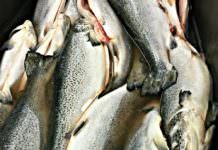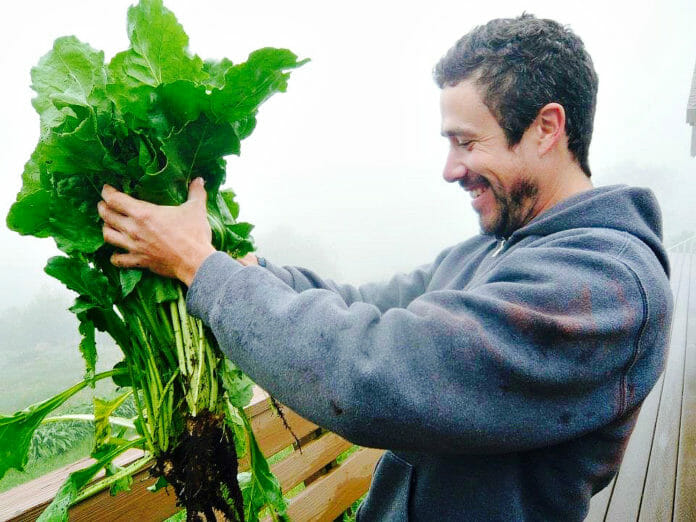
by guest blogger Katie Lutzker,
It’s a crisp fall morning. Chris Whitney kneels down and pulls back straw from the beds of his summer garden to reveal beautiful, dark, loose soil, rich in humus. The soil has not been tilled all season.
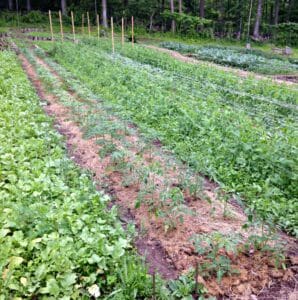
Rather than tilling, Chris layers manure, compost and straw over the beds all season. This method allows complex ecosystems of microorganisms, small animals and earthworms to grow stronger each season. In turn, this yields stronger plants, healthier soil, and less work for Chris as a farmer.
Permaculture: Mimicking Nature
At Locktown Farm, his property just outside Lambertville, NJ, Chris is practicing a form of agriculture called permaculture. Most of us are familiar with organic farming practices, but permaculture is more than a set of rules; it is a way of life.
The driving principle behind permaculture is to observe and mimic nature. Nature is in perfect balance; it survives without human involvement. If farms can incorporate permaculture practices, says Chris, it means the farmer will labor less, the plants and soil will be healthier, and there will be significantly less waste.
Additionally, every season that passes using permaculture methods means the ecosystems that are being built become stronger.
The land virtually does the work of tilling and fertilizing itself, freeing Chris up to focus his energy on other projects instead of tilling the land and feeding it fertilizer, making it dependent on methods that are not natural to nature.
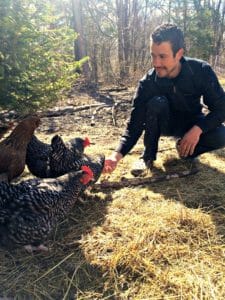
But the goal of permaculture farming is not to sit back and have a farm grow itself. Chris works endlessly on clearing land, chopping wood, building and maintaining his home and business, and growing food. However, he lives harmoniously with nature. He works with the ecosystems that nature has to offer.
What’s a hugelkultur bed?
The no-till method of farming is just one practice of permaculture farming. At Locktown Farm, Chris also practices wild planting and hugelkultur beds, two other permaculture methods.
Hugelkultur beds are no-dig, no-till raised beds. Meaning “hill culture,” the hugelkultur beds are made by mounding branches, leaves, logs, straw and other carbon-rich material, topping the mound with soil and then planting normally.
The benefits are similar to those of the no-till method: less water, less waste, less labor, more nutrients, stronger plants. The gradual decay of wood is a consistent source of nutrients for the plants. The composting wood generates heat and holds moisture. The farmer does not have to fertilize, till, or even bend over far to harvest.
Wild-planting means literally tossing seeds onto land that would otherwise go unused. This helps strengthen the soil, minimize damage by insects and animals, and suppress weeds.
While the work at Locktown Farm never ends, the work is not a fight against nature—Chris is not dealing with problems of nutrient deficiencies, weeds or pests with chemicals. Rather he is working alongside nature to solve these problems.
WWOOFing and Sauerkraut
Chris didn’t come from a farming family. He moved out West as a teenager, and began to WWOOF (World Wide Opportunities on Organic Farms, a work exchange program) in Hawaii. Through that experience he became serious about gardening, owning land and farming. He and his brother found the land that is now Locktown Farm, and bought it in 2012, both having a similar vision for the land and a connection to it, having grown up close to the area.
Inspired by Masanobu Fukuoka, a revolutionary Japanese rice farmer, and Geoff Lawton, a permaculture enthusiast and teacher, Chris wanted to grow all the food they would consume. However, needing to make an income, he started to sell their sauerkrauts and kombucha at the Wrightstown Farmers Market. Customers loved it.
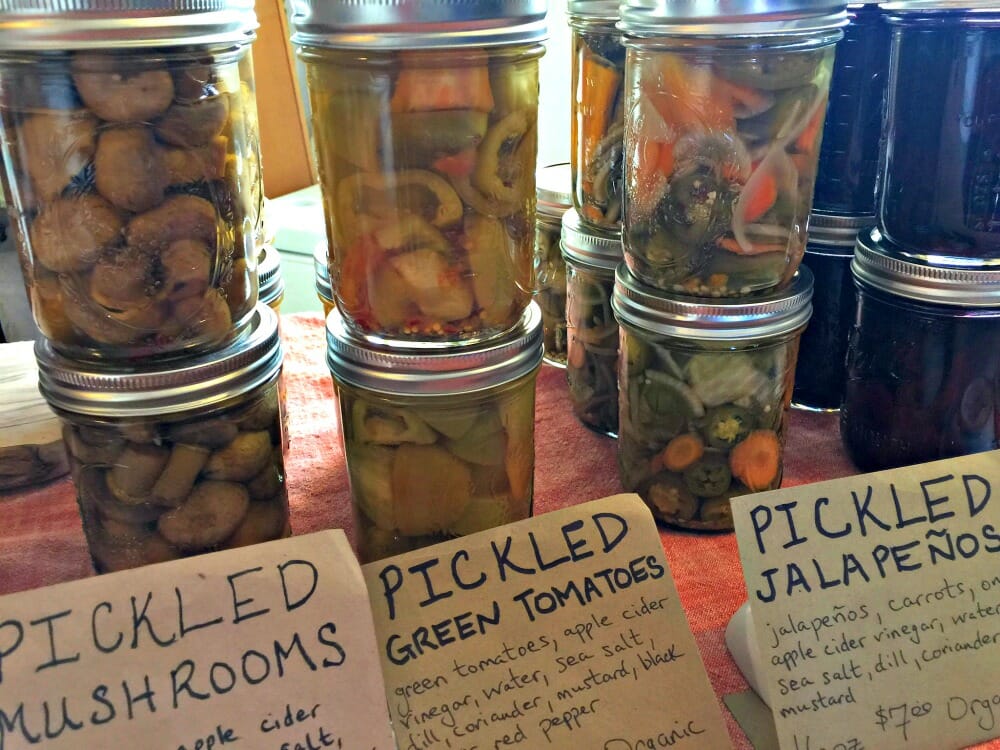
Now, Chris and his team make nearly a dozen varieties of sauerkraut like curry kraut, red cabbage kraut, and many varieties of kimchi. They also make a variety of pickled vegetables including tangy and bright pickled mushrooms, as well as pickled beets. Their kraut, vegetables, and kombucha, flavored by what is seasonally available, make them a unique addition to the Saturday Wrightstown Farmers Market and the Sunday Hunterdon Land Trust Farmers Market.
Their products are also available at a handful of natural markets in Flemington, NJ, and their kombucha is on tap at the Factory Fuel Coffee House also in Flemington, the Sunbeam General Store in Frenchtown, NJ and the Homestead Coffee Roasters in Upper Black Eddy, PA.
Find them online at www.locktownfarm.com.
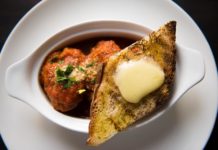
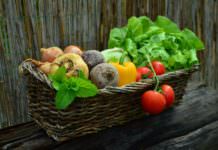

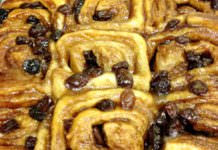
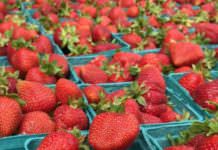
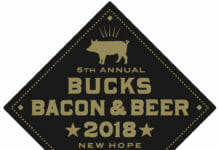
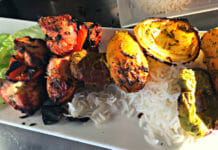

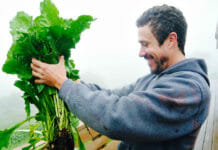
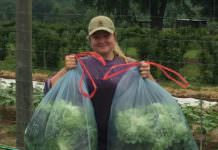
![What we’re reading [Oct 16 2017]](https://www.buckscountytaste.com/wp-content/uploads/2017/10/coffee_macbook_reading_pexels-photo-414630-218x150.jpeg)
